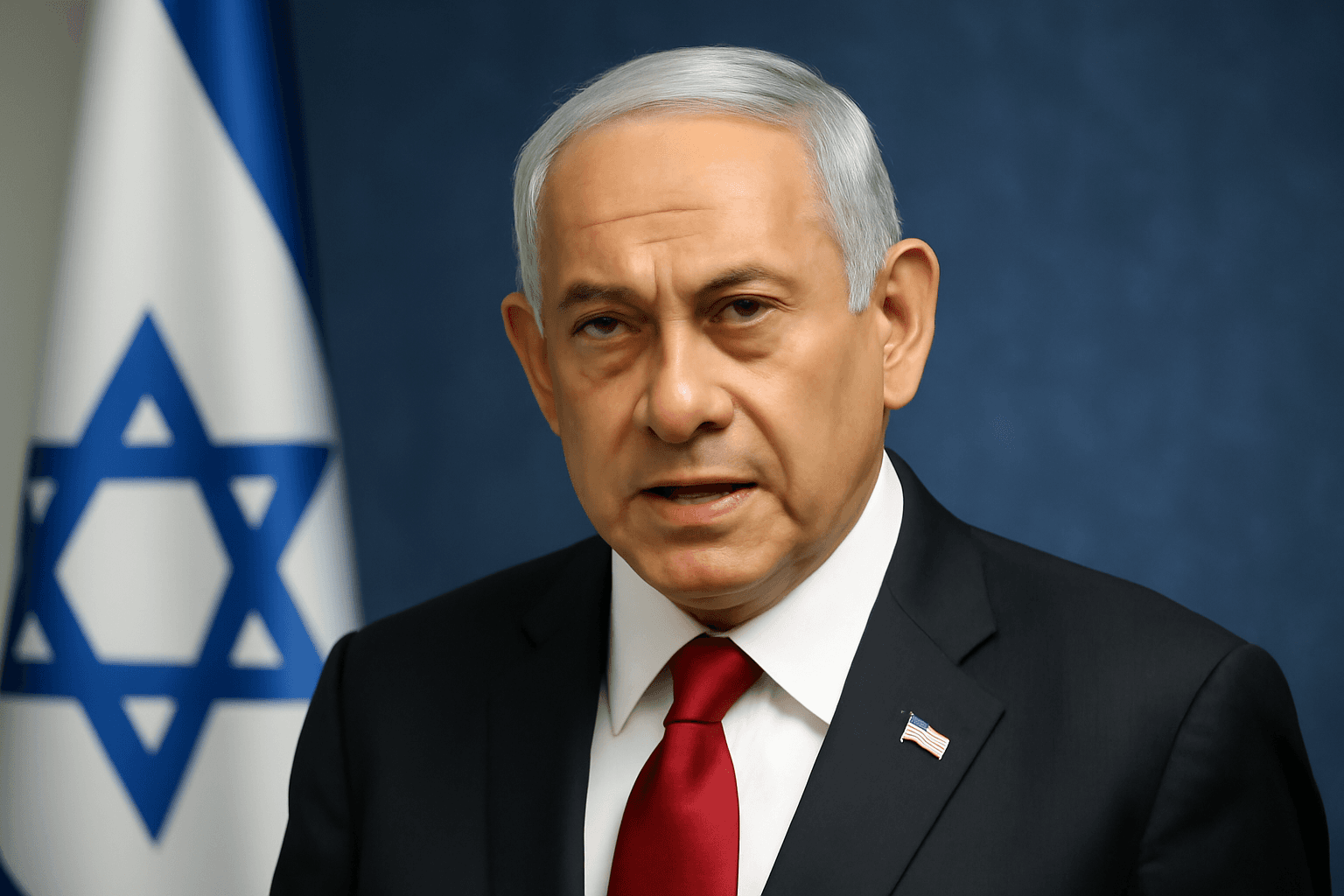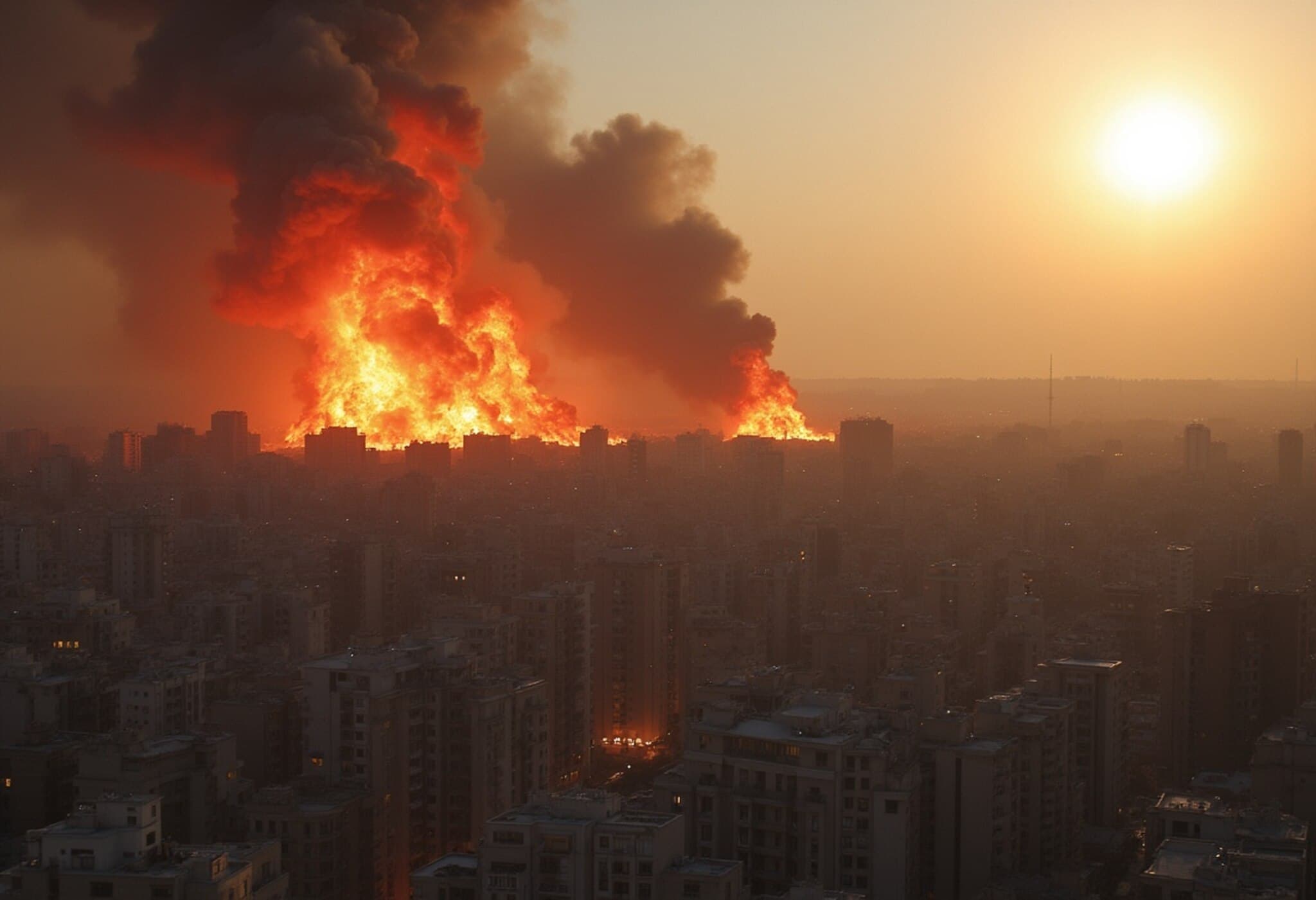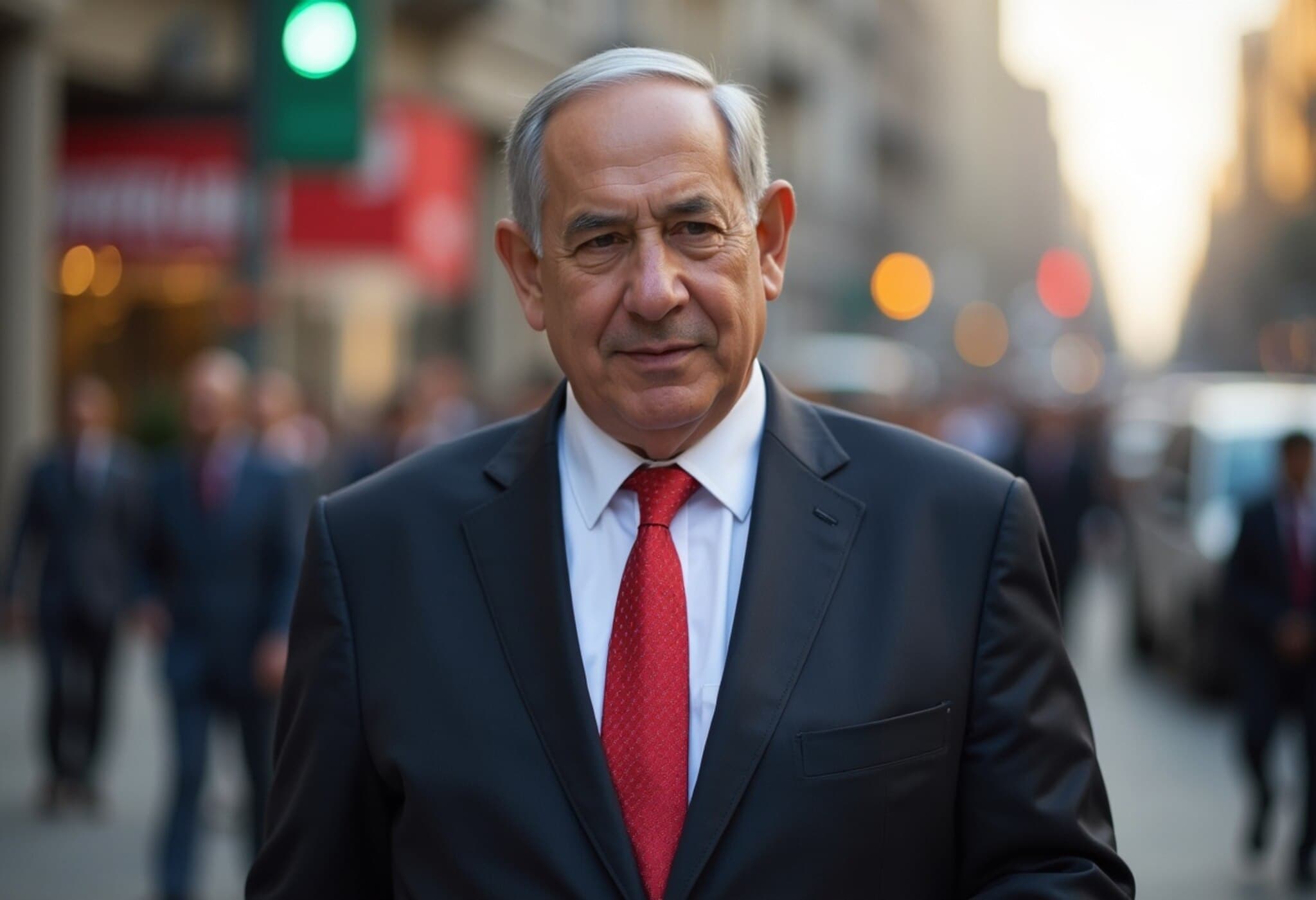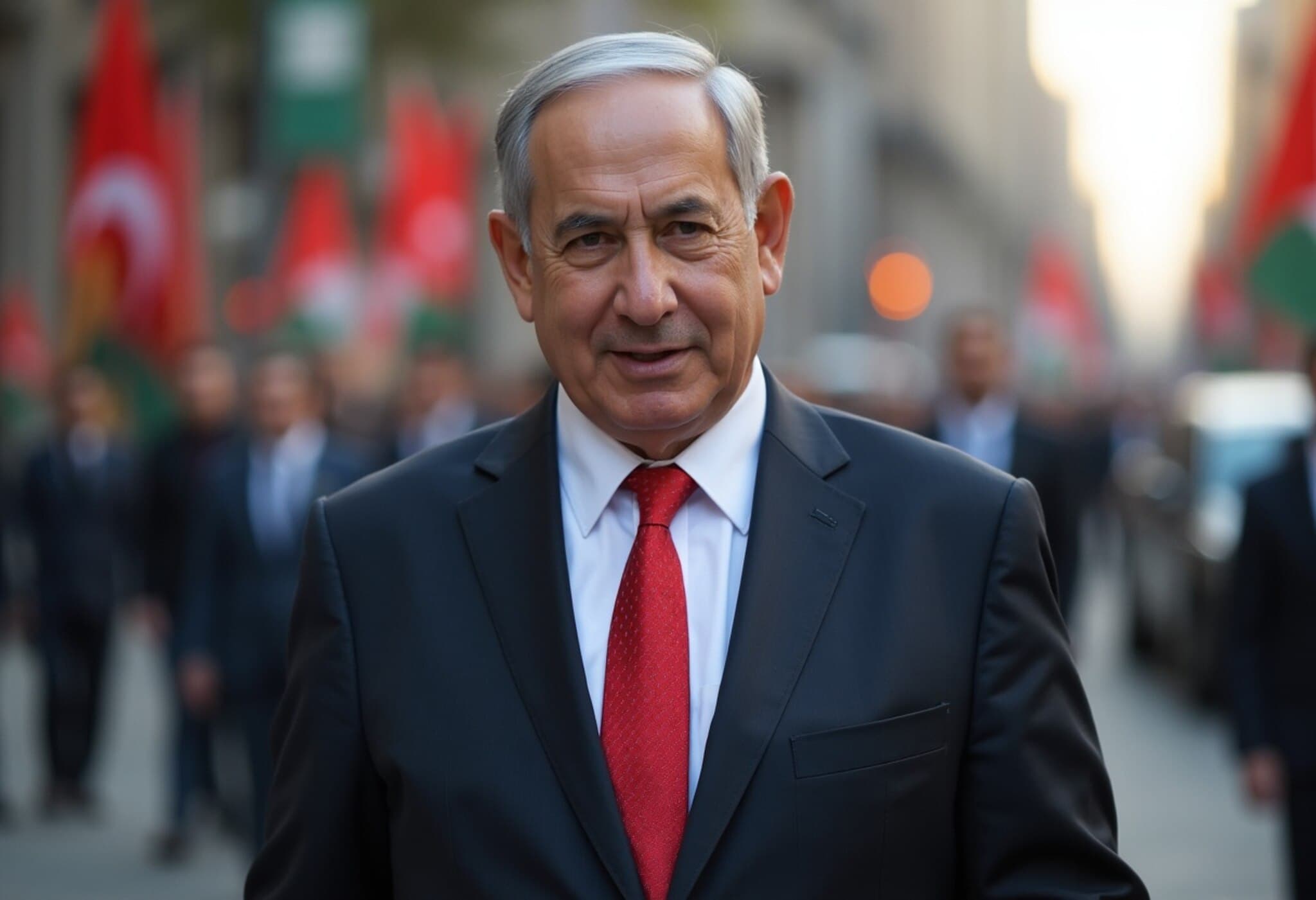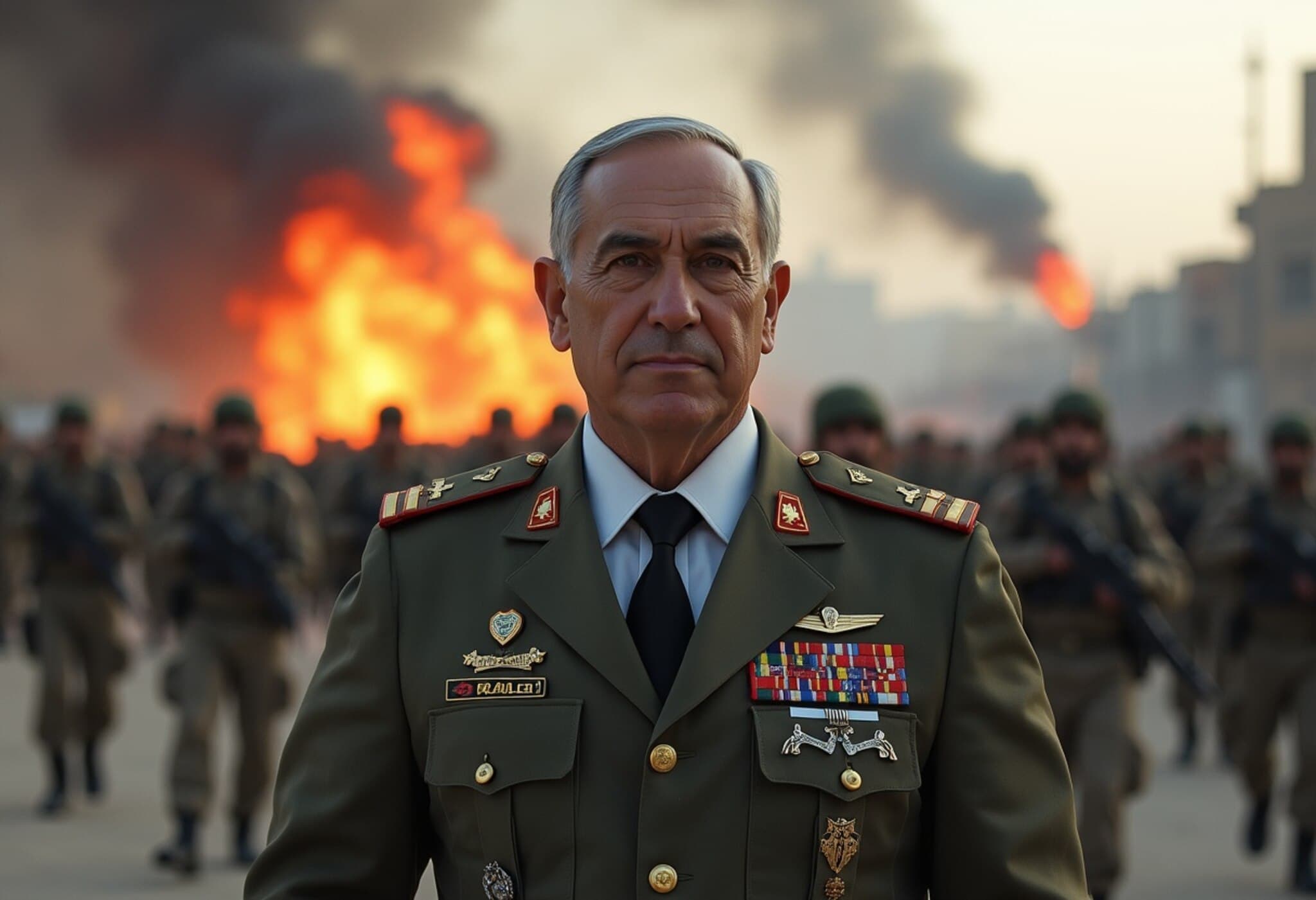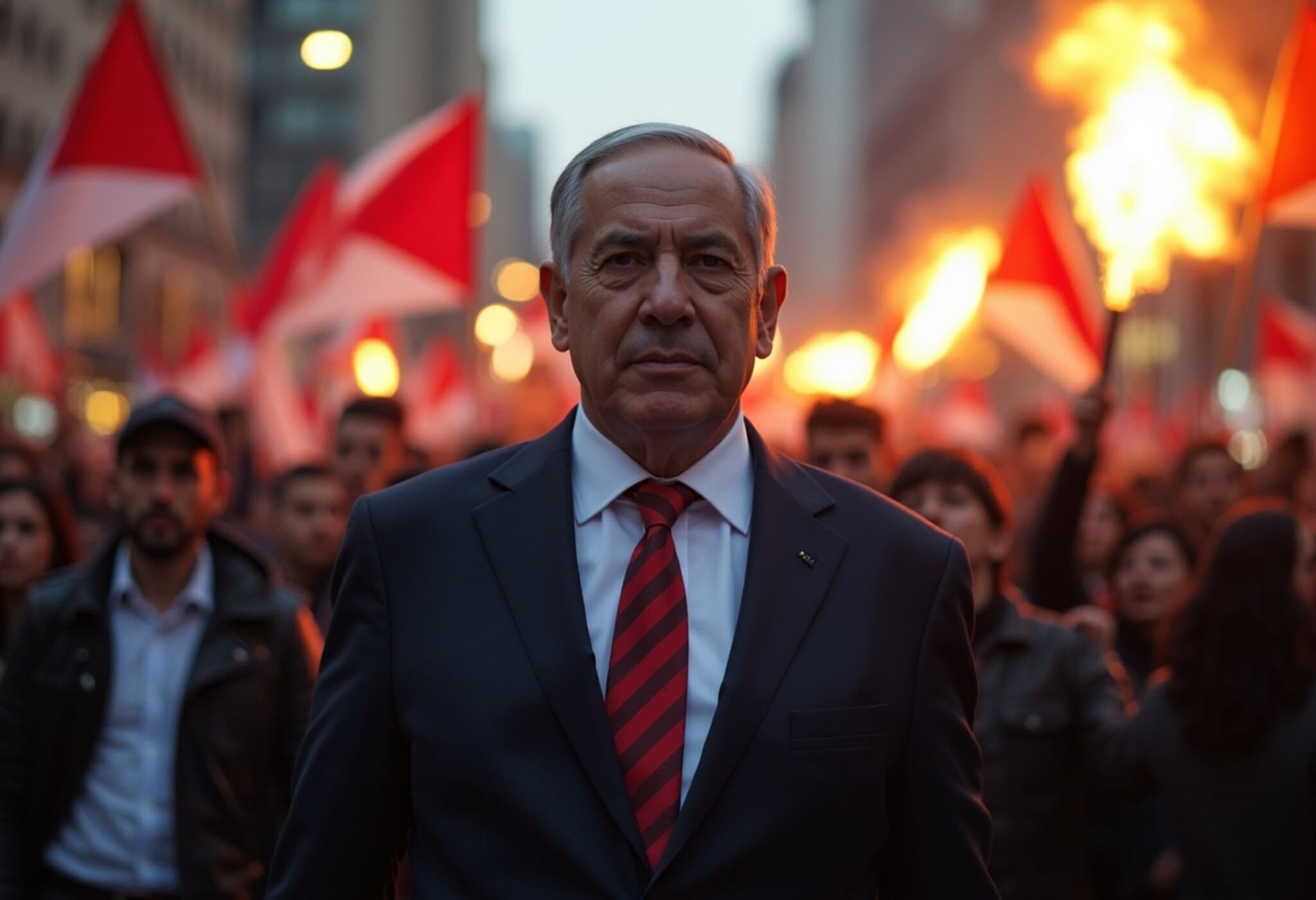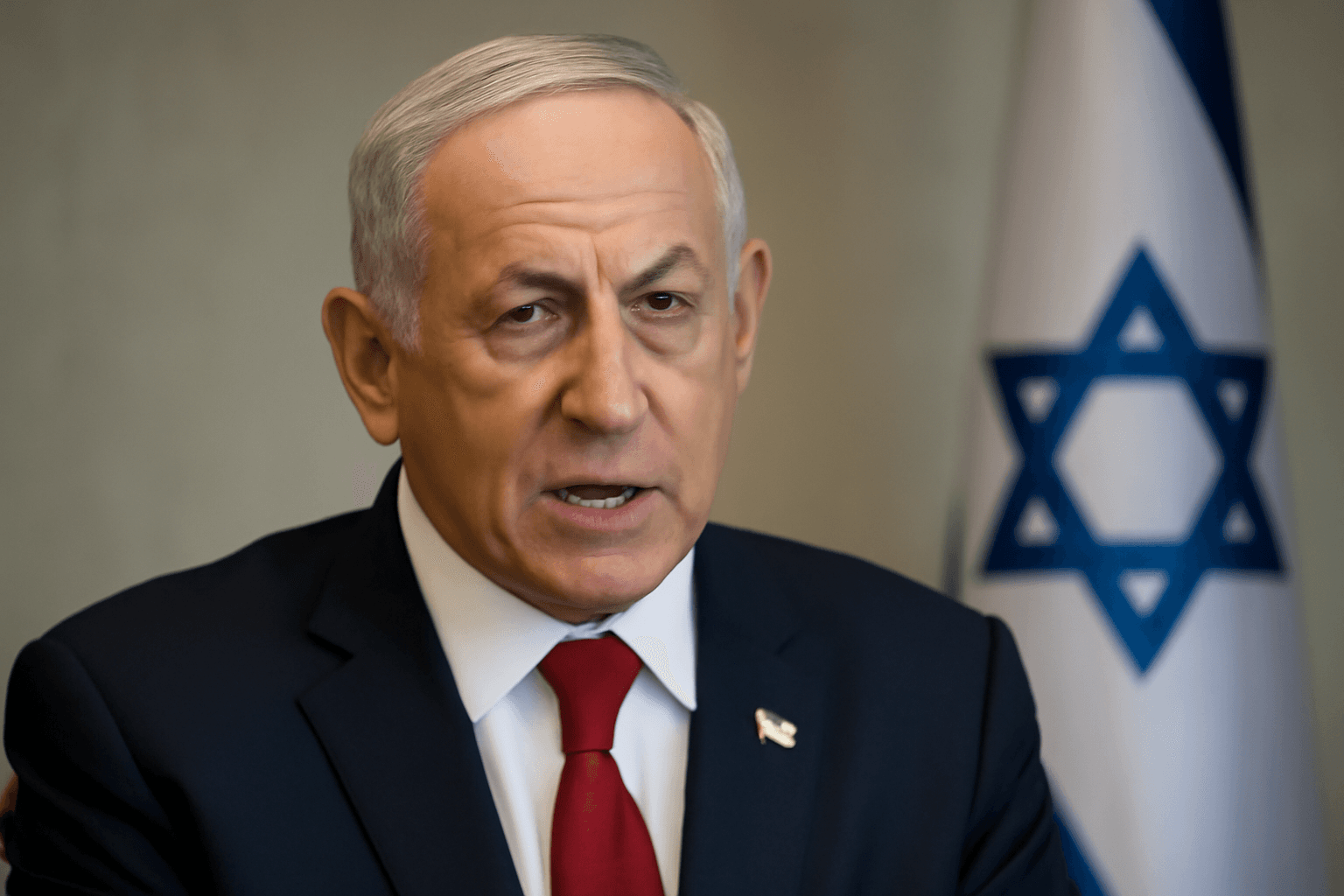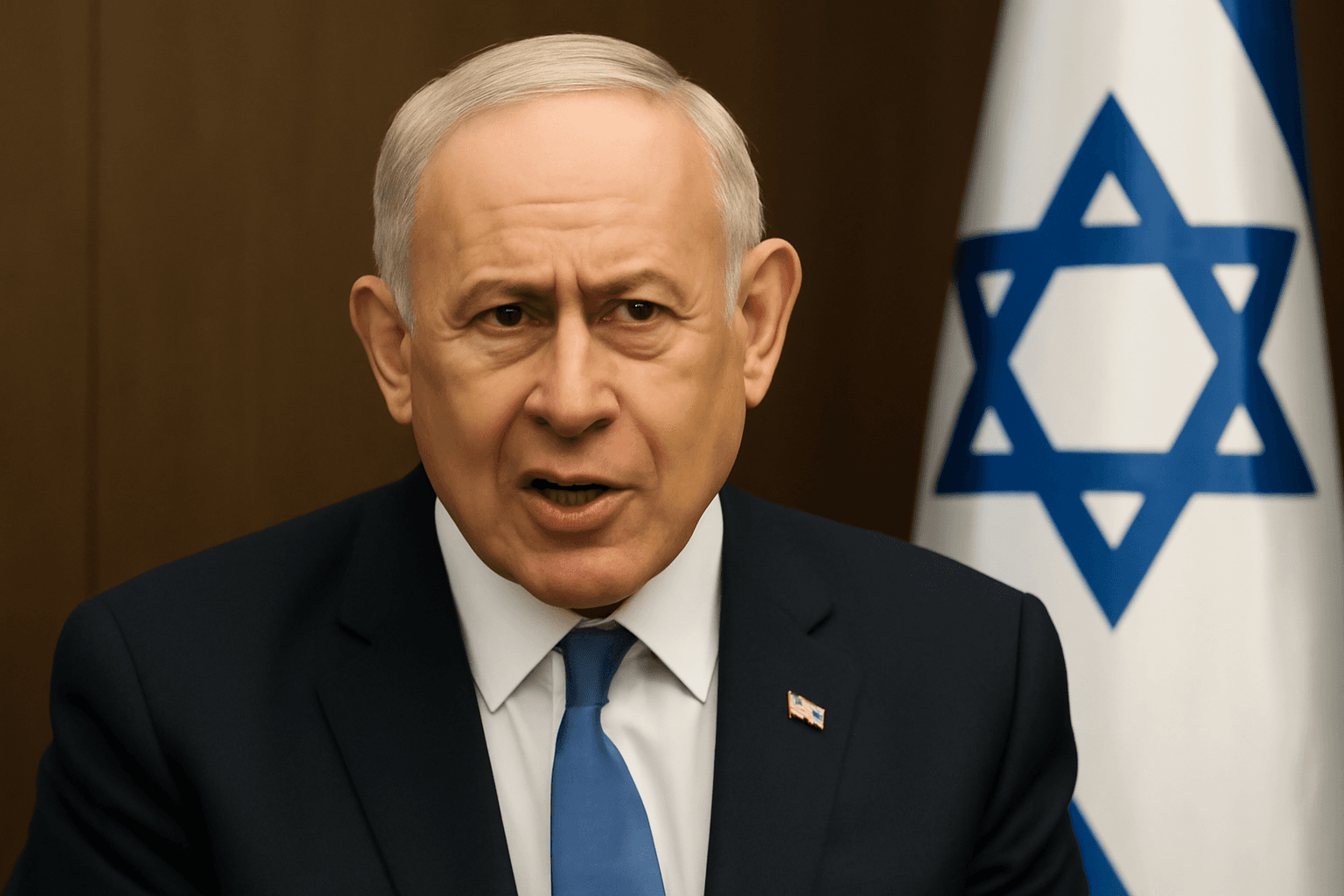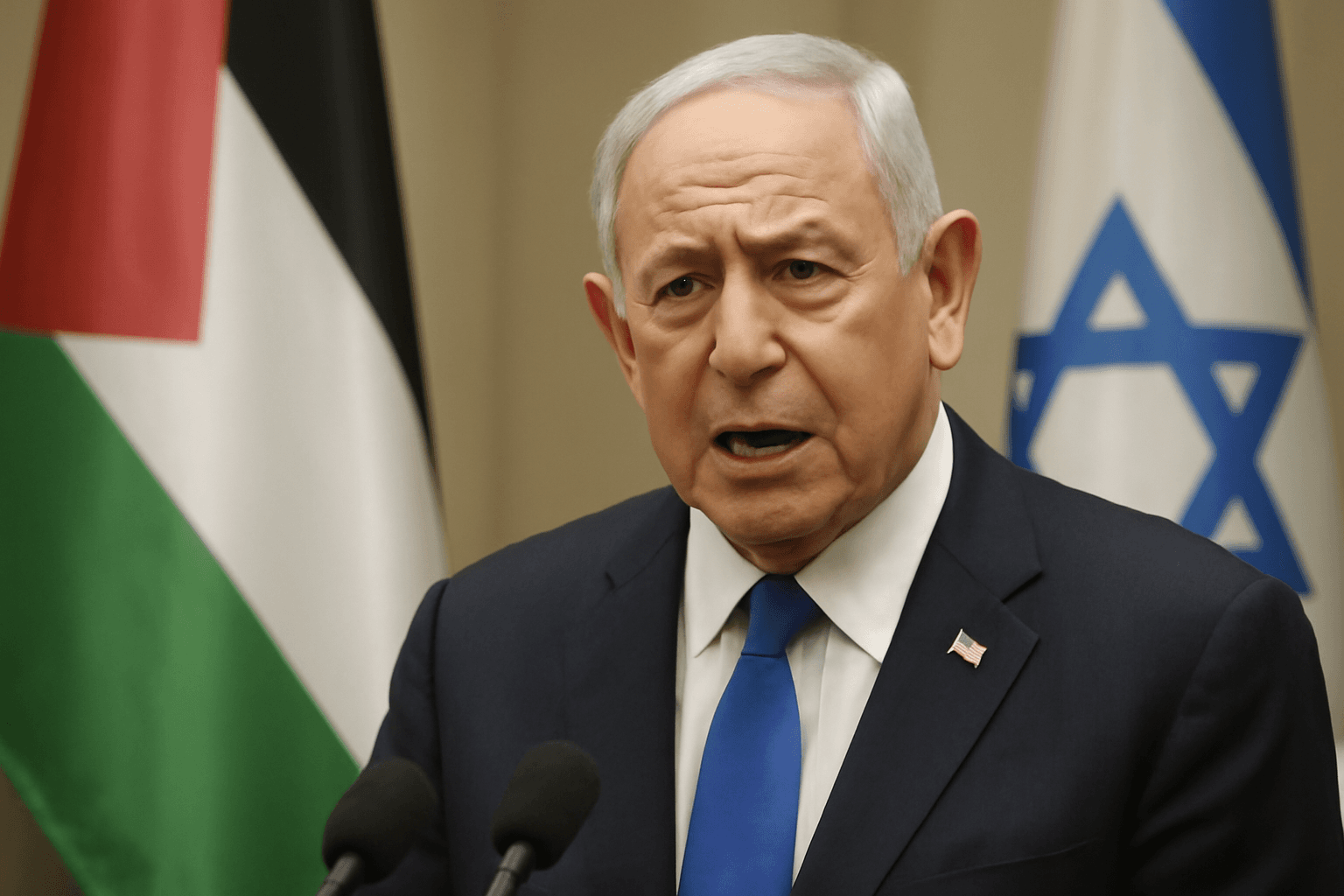Netanyahu Condemns Australia Over Palestinian Recognition
In a strikingly candid press conference on August 11, 2025, Israeli Prime Minister Benjamin Netanyahu sharply criticized Australia's decision to recognize Palestine, labeling it as "shameful" and accusing foreign governments of yielding to public pressure in their stance on the Gaza war.
Context: Rising Tensions Over Gaza and International Responses
The backdrop to Netanyahu's remarks is a grim and escalating humanitarian crisis in Gaza, following months of armed conflict triggered by the October 7, 2023 terrorist attacks orchestrated by Hamas. This conflict has drawn mounting international scrutiny, sparking calls from many Western allies, including Australia, Britain, France, and Canada, for Israel to cease actions seen as escalating hostilities and violating international humanitarian law.
Australia’s Diplomatic Position
In recent joint statements, Australia has aligned with a 28-nation coalition urging Israel to increase humanitarian aid to Gaza amid alarming reports of civilian casualties and starvation. Australian Prime Minister Anthony Albanese, alongside New Zealand's Christopher Luxon, condemned any attempts by Israel to further control Gaza City or annex parts of Gaza, warning these moves would significantly worsen the already catastrophic human suffering.
Netanyahu’s Defense and Critique of Global Perception
During the press event, Netanyahu firmly denied claims that Israel is engaging in a deliberate "starvation policy" against Gazans. Instead, he shifted the blame to Hamas, the governing party in Gaza, asserting that the deprivation experienced by Palestinians results from Hamas’ own actions and responsibilities. He expressed frustration over what he perceives as misinformation and biased media coverage, particularly singling out The New York Times for portraying Palestinians' plight in a way he calls misleading.
Notably, Netanyahu drew parallels to historical precedents such as the lead-up to the Holocaust, suggesting that the current media coverage risks unfairly demonizing Jewish people on a massive scale. He also lamented the refusal of some European leaders, including German Chancellor Friedrich Merz, to provide military support to Israel, attributing their decisions to succumbing to false media narratives and domestic public opinion pressures.
Political and Propaganda Challenges
Netanyahu did acknowledge a significant challenge beyond the battlefield — a “propaganda war” where Israel is currently at a disadvantage. He cited social media as a potent platform promoting narratives against Israel, making diplomatic efforts to maintain support increasingly difficult.
Broader Implications for the Israeli-Palestinian Conflict
The Israeli Prime Minister firmly opposed the push for Palestinian statehood endorsed by many Western countries, including Australia, dismissing it as counterproductive. In his words, the creation of a Palestinian state under current circumstances would likely spark further conflict rather than pave the way for peace, a viewpoint that contrasts sharply with the popular international advocacy for a two-state solution.
This stance highlights a critical fault line in international diplomacy, where competing narratives about security, sovereignty, and humanitarian needs collide, impacting global alliances and policies.
Expert Insight: The Complexity of Recognition and Peace Efforts
From an American policy perspective, the international community’s divided response reflects deeper geopolitical calculations. Recognition of Palestine by nations like Australia can be seen as an effort to bolster diplomatic leverage towards a peaceful resolution. However, Israel's security concerns about Hamas and fears of uncontrollable destabilization remain paramount. This delicate balance complicates efforts to craft sustainable peace agreements in the volatile region.
Moreover, the humanitarian consequences in Gaza demand urgent attention, transcending political disputes. Independent reports from medical volunteers confirm pervasive malnutrition and deprivation, underscoring a dire need for increased humanitarian corridors and transparent monitoring against obstruction from all parties.
What’s Next?
The evolving international positions regarding Israel and Palestine will play a crucial role in shaping the next phase of this conflict. As governments navigate between public opinion, moral responsibilities, and strategic interests, the path to peace remains fraught and uncertain.
Key Questions Moving Forward:
- How can international stakeholders balance pressure on Israel to protect civilians while addressing its security imperatives?
- What frameworks can enable effective humanitarian aid delivery without empowering militant factions?
- Will recognition of Palestinian statehood by smaller nations influence major powers' policies or hinder negotiation processes?
Editor's Note
Benjamin Netanyahu’s vehement response to Australia’s recognition of Palestine sheds light on the profound divisions and sensitivities surrounding the Gaza conflict. While his perspectives reveal the Israeli government's security concerns and perceived challenges in media representation, it is equally important to acknowledge the pressing humanitarian realities on the ground. This complex narrative demands nuanced understanding beyond black-and-white depictions, reminding us that sustainable peace requires more than diplomatic declarations—it calls for empathy, transparency, and courageous dialogue.
As tensions persist, readers are encouraged to consider multiple viewpoints and seek comprehensive, credible information to grasp the ongoing crisis's full implications.

